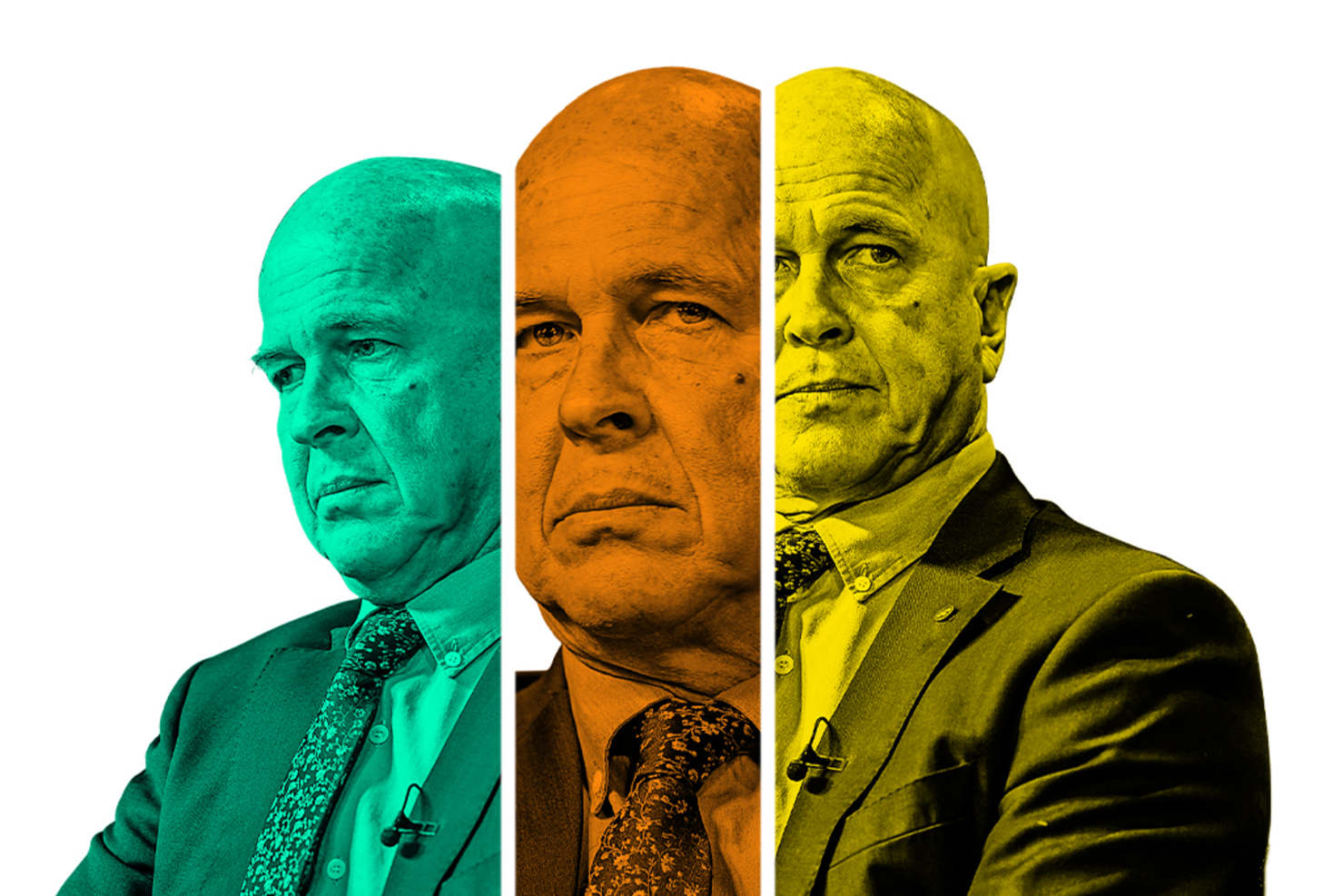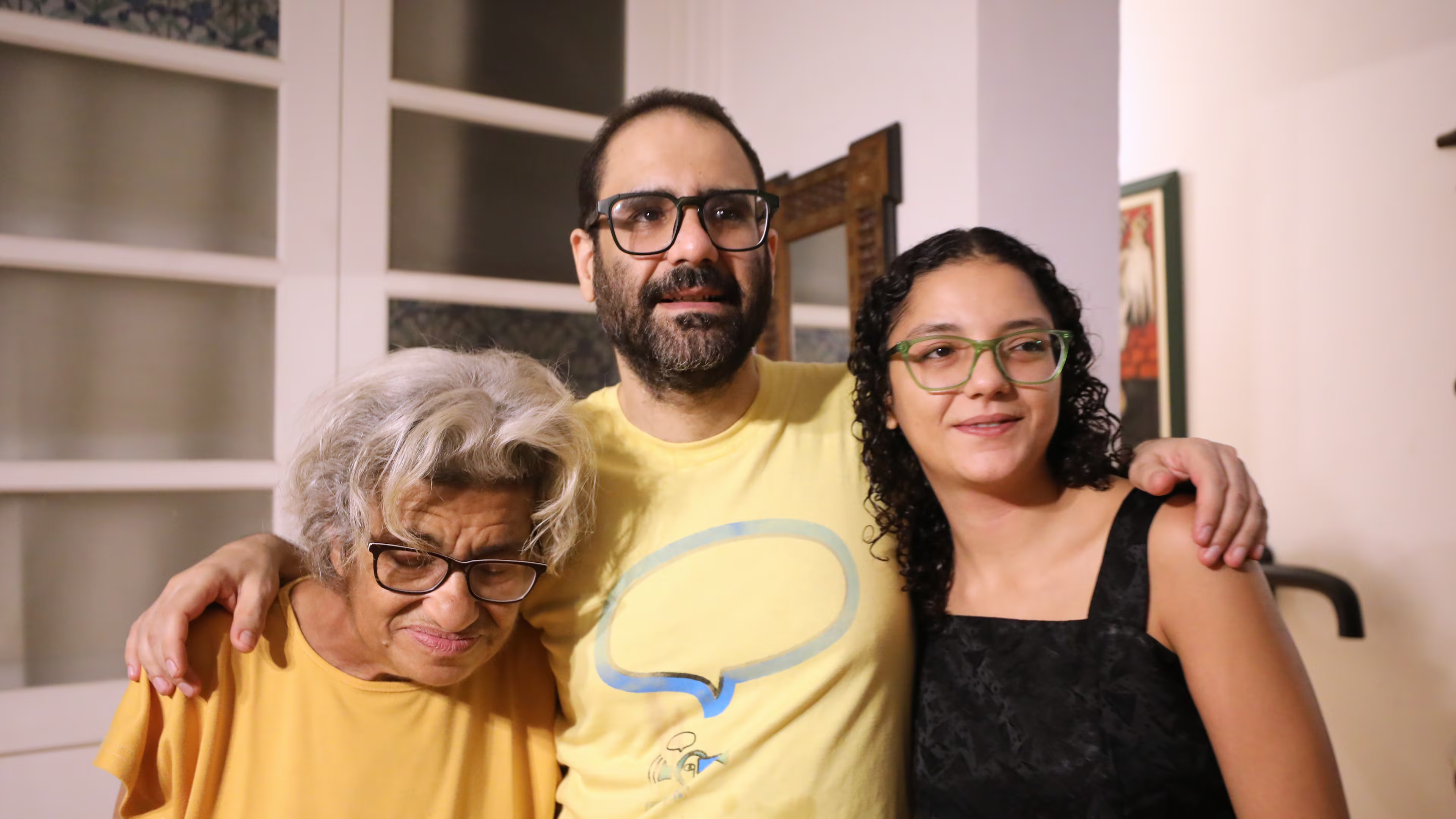We are the Alliance for Journalists' Freedom
The Public's Right to Know
Australia is the world’s only democracy without a constitutional protection for press freedom.
In the absence of that constitutional restraint, laws limit journalists’ ability to investigate the government and protect their sources.



Our mission
The AJF promotes media freedom and the right of journalists to report the news in freedom and safety. This includes working with Australian governments to ensure legislation supports media freedom.


our model for reform
Media Freedom Act
We know constitutional reform is hard, but that should not stop Parliament from tackling the problem. We’ve written a Media Freedom Act that would protect those producing high-quality journalism from prosecution while putting upward pressure on ethical and professional standards in the industry.
The Act simply says that parliament must always consider press freedom when passing new legislation; and that courts must interpret laws ion ways that are consistent with press freedom principles. It also gives journalists the right to contest search warrants before they are issued
Definition of Journalism
One of the biggest challenges has been identifying the thing we that 'press freedom’ is trying to protect. Traditionally, the law has focussed on people employed as journalists. But that no longer makes sense in a digital world where anyone with a smartphone can produce ‘news-like’ content.
Instead, we believe that what matters is how the information is produced. We think of journalism as a process of gathering, organising, and presenting information in line with an accepted code of ethics or professional standards.
Professional Association
Most professions have some kind of body that sets standards and holds members to account. Those bodies establish a sense of professional identity, develop the skills of their members, and give the public a way of identifying people they can trust.

Core Work
Research
Latest News




